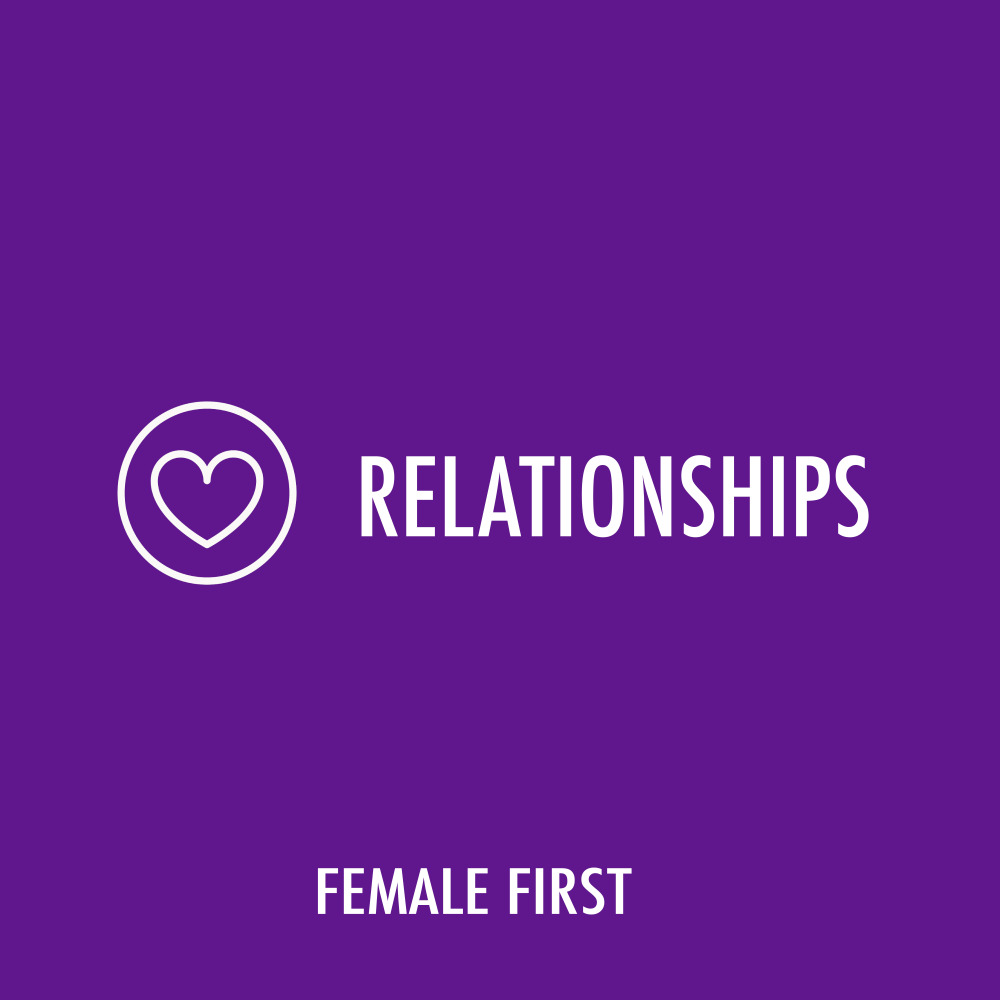According to Bullguard, many online daters have a sneaky suspicion that they have been 'catfished' or fallen victim to scams or fraud in the past.

Relationships on Female First
A third believe that they have been lied to about something, however big or small since starting on-line dating. One in five disappointingly found that the so called interested party was actually trying to get their financial information off them.
In the quest for love, people will do anything and some daters have even shared their bank details with someone they met on a romantic outing, with a quarter having to shell out for everything at the end of the night.
10% have been so keen to please their date they have given them money, however the more sceptical didn't give their companion any money or a second date either.
Many have found that when setting up a date, the only intention of the other person was to find out the financial status of the person sitting across from them- nothing else mattered. Asking questions about the car they drive, what they do for a living and what they spend their hard earned cash on.
Cam Le, Security Expert at BullGuard said: "While online dating is an increasingly popular trend and can be a very successful platform on which to meet like-minded people, it can also potentially open you up to identity fraud if you're not aware of the dangers. "It's very difficult to get the balance right between being friendly and engaging with new people and giving too much away. "If anyone is asking for too much personal information soon after striking up conversation, then alarm bells should start ringing. "If something feels wrong then hold back." The study worryingly found that after just 5 instant messages, there is enough personal information exchanged to put people in a compromising position. The average dating adult will speak to four other adults a week- so the odds are stacked up against them. Details such as home address, surname and phone numbers are exchanged within just minutes of meeting someone over the internet all in the name of finding the one.
People feel it's easer to chat over text then instant messaging now, so many daters give out their phone number very early on, without much regard for the circumstances.
Daters are in agreement that there is a fine line between being friendly and giving away too much about yourself.
16% believe that the only way people will talk to you over dating sites is by giving out this information or potentials are not as interested. These are expected topics of conversation; so many suitable people are getting overlooked at the first hurdle. It is hard to judge online who is harmless and who is not- those who believe they are a good judge of character and think someone is harmless will be more inclined to tell them more about themselves. But the rules of on-line dating and safety differ at every turn, making the process far more difficult than the dating sites portray.
Sadly, many believe the reason they are not lucky in love is because they are reluctant to give out their private details, which can be interpreted as being cold. Gut instincts are a good way to tell if a person is genuinely looking for a partner or not. Often daters have stopped their interactions with someone if it doesn't feel right. However, even riskier, the same people would meet up with a fellow dater just to make sure.
Those looking for love are strong believers in giving people the benefit of the doubt as the internet is such a difficult place to build a relationship over- sometimes you have to take a chance. There will always be people who seem to have the whole package- which is fairy-tale-like in anyone's book- however daters would be willing to go along and see if their impressions of perfection were a reality on the off chance they had overlooked Mr or Mrs right.
Cam Le, Security Expert at BullGuard added: "The old saying "if something seems too good to be true it usually is" can unfortunately be applied to online dating in many cases. "Scammers do exist on dating sites and it's important to be aware of the tricks that they use to try and entice people to share too much. "Though it's important not to be too paranoid about who you might be talking to, it's also important to be aware that these scams exist, and to stay vigilant about who you meet and how much you give away."
